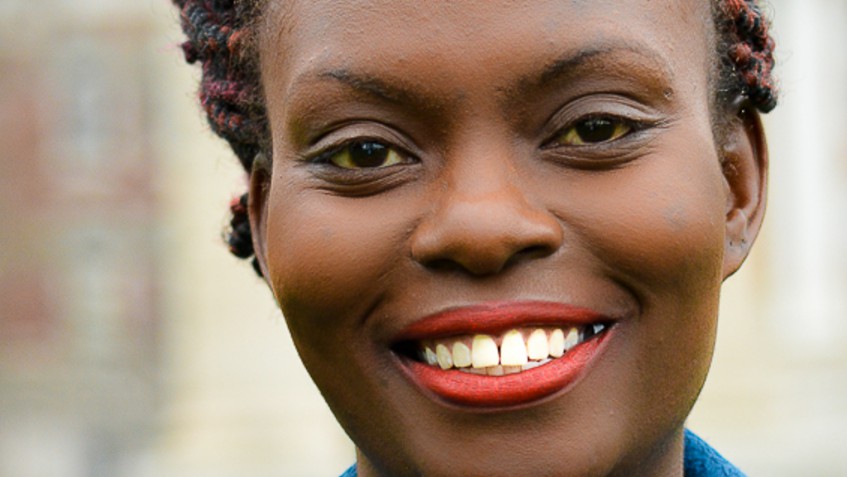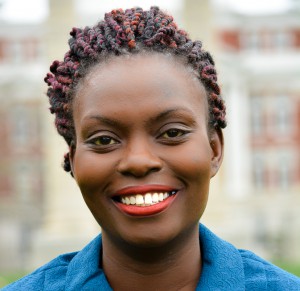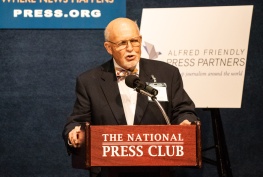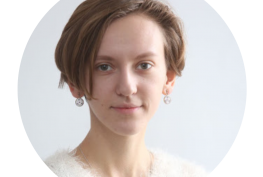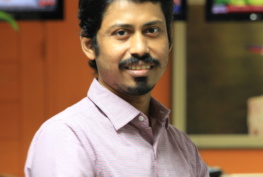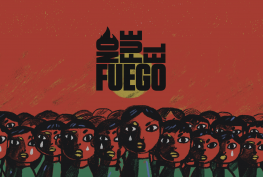By Mercy Adhiambo
In a few weeks, I will leave Nairobi for New York City to attend the Columbia Journalism School. I will carry with me my love for telling stories and a lingering fear of what lies ahead.
The last few months have been the most redefining moments in my journalism career. What started as scattered reporting in our newsroom about a strange disease witnessed in Wuhan, China, thousands of kilometres from my home country ended up being the global crisis that would jolt me into making hurried changes not just in my career but my life too. Oh, the ironies of life!
By March last year it was apparent that journalism, at least in my country, was at a crossroads. An email from our CEO at The Standard newspaper soon after the first case of coronavirus was reported in Kenya announced pay cuts and restructuring that would cause job losses.
“What shall we do? What will happen to us?” — these were a few of the questions that colleagues asked in hushed tones.
Nobody knew the answers. Advertising revenues were sinking. Audiences were shrinking as Kenyans shifted their focus to social media platforms that gave first-hand information on how the pandemic was spreading. Rumors started that the coronavirus could spread by people touching newspapers. Some readers believed it. Revenues sunk even deeper. Digital disruption showed its fangs as internet penetration widened with government directives that people work from home.
Suddenly, I was digging through the corners and crevasses of the internet to understand the world of virology and break it down. I felt lost. Words like ‘reader fatigue’ started floating around, a reminder that we were dancing on that dangerous line of irrelevance that no journalist ever wants to be on. To say I was overwhelmed would be trite.
I wrote a lot of sad stories. A woman who had to give away her children because she was sick with cancer and could not afford treatments while taking care of her three children. Young people who were counting their losses in business due to Covid-19 lockdowns. People victimized by the pandemic’s economic impact describing their interrupted dreams and derailed plans. A presidential report that found that 50 percent of adolescents in Kenya battled mental health conditions due to the effects of the pandemic.
One evening, I was interviewing a man whose wife had just died of cancer and he had her body in the house while waiting for the curfew to end so they could transport her to the morgue. He was sobbing softly on the phone while saying he was alone and scared. He asked me over and over what he should do.
I said, “Let’s wait…let’s just wait….” Even to myself, I sounded unconvincing. I had a panic attack.
I remember feeling a deep pain in my chest, perhaps a sign from my system that I was crashing right then as I talked with a new source. It was a few minutes before midnight. Drawing in air felt like a needle was piercing my chest.
My mind was tired. My body was exhausted. I desired change with everything in me. I just wanted something different.
That night, I struggled to sleep. It was not the first time I was tormented by a story I had done – but it was the first time I wanted to step out from the emotional burden of it all.
I desired, nay, I deserved, a break.
I spent the following weeks scouting the internet in pursuit for something that would give me some sort of clean slate. I was not giving up on journalism. I just wanted my passion to be reawakened.
I was interested in reporting on science. But self-doubt weighed me down.
I started what turned out to be a lengthy conversation with my mentor, Clytie Bunyan, who had guided me when I was working at The Oklahoman during my Alfred Friendly fellowship in 2016. She told me during the WhatsApp conversation that specialization holds a big space in the future of journalism. Clytie then typed out a message that tugged my heart:
“Mercy, you have not reached your potential yet…You are unique and you have your own style. Develop it and some day, you will unleash it to the world and in whatever style or manner you choose.”
Someone was rooting for me. That support, coupled with the fact that I had been placed at The Oklahoman health desk during my fellowship and I did fairly well, nudged me to take a leap.
I decided to apply to the Columbia Journalism School. The email that I had been accepted to pursue a master’s degree in science reporting brought hope.
Now it’s time for what I imagine will be a sort of “start over.” I’m scared and excited at what the future holds for my love of journalism. What I know for sure is that hope has birthed inside me. I guess what I am trying to say is: Columbia, here I come!

